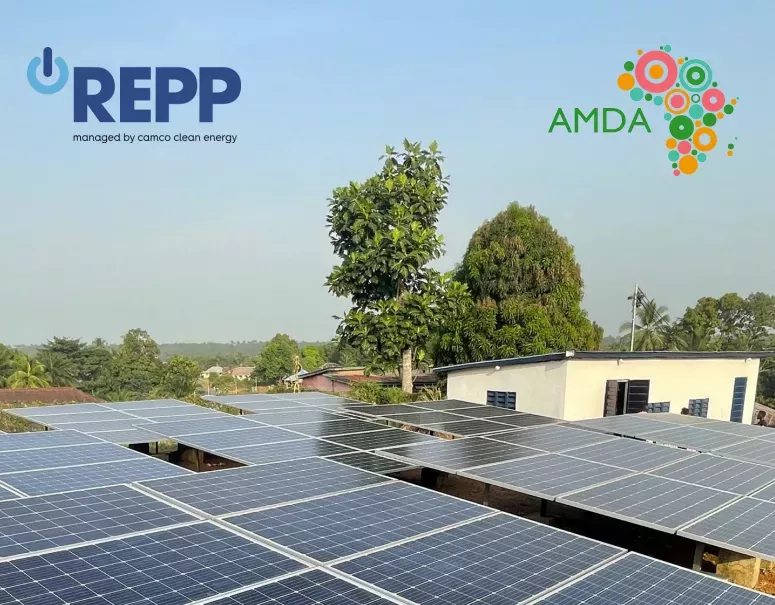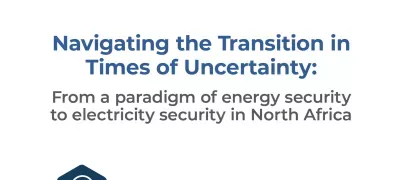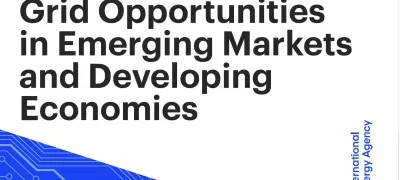
In March 2023, the Renewable Energy Performance Platform (REPP) and the Africa Minigrid Developers Association (AMDA) organized a roundtable in Nairobi, gathering thought leaders from the African mini-grid sector to discuss financing challenges and scale-up strategies to achieve SDG7 by 2030. The discussions highlighted the need for common goals and improved transparency, collaboration, and trust between developers and funders. Streamlining processes and offering concessional financing are crucial to attracting investment and de-risking the sector.
Developers must demonstrate a strong local footprint and long-term operational capability to attract patient capital needed for mini-grid projects. Achieving scale requires efficient capital deployment, with an estimated USD 9 billion needed for currently planned mini-grid projects. Investors need to improve investment processes to align with results-based financing and ensure timely flows of funding. More medium-size ticket funders are needed to bridge the gap between large complex deals and smaller transactions, with a focus on providing concessional capital to attract commercial investors.
While project finance is important for scaling up the mini-grid sector, there is a need for long-term patient growth capital, particularly in equity and equity-like instruments, to support company growth and expansion. Without addressing this financing gap, the sector risks stagnation and failing to achieve SDG7 targets. Therefore, attracting more financiers capable of providing equity and hybrid financing is essential for the sector's success.



